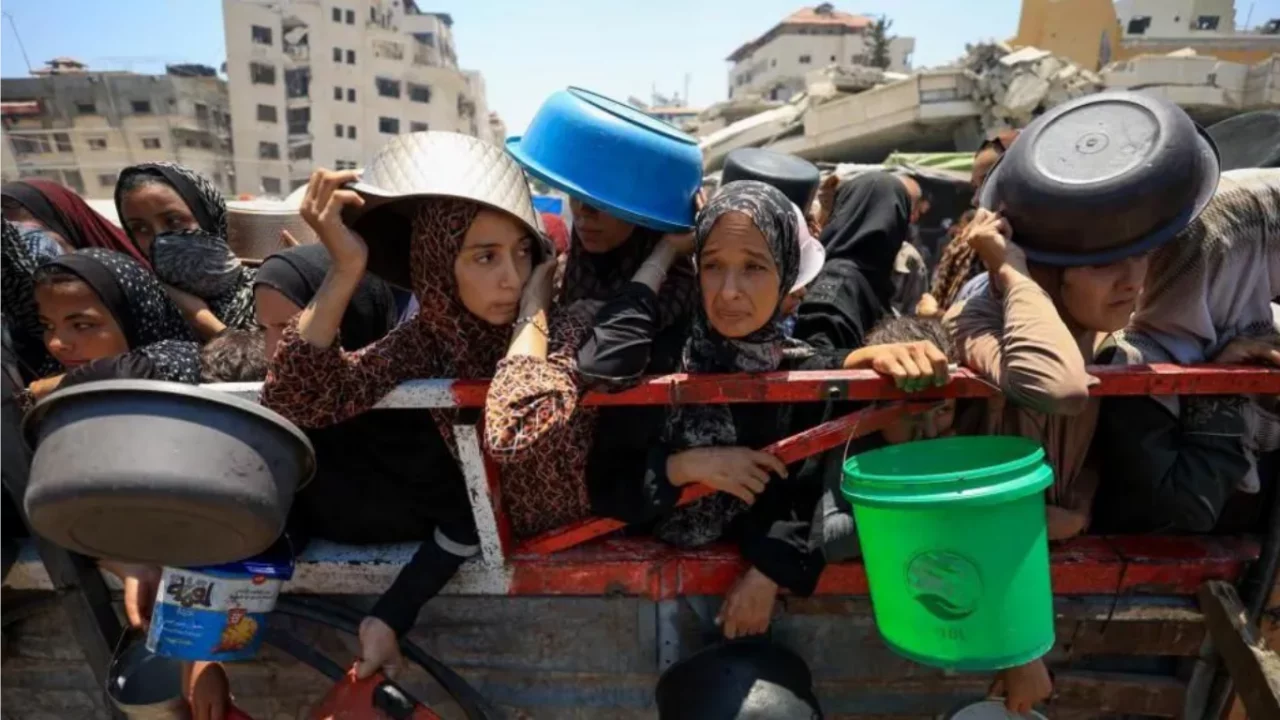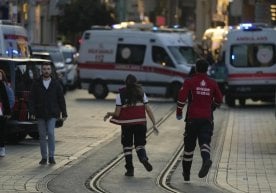Gaza Conflict: A Turning Point in a Devastating War and Diplomatic Opportunities

The Gaza war, which began on 7 October 2023, has become one of the bloodiest and most complex conflicts in the Middle East. The attack launched by Hamas against Israel claimed the lives of more than 1,200 people and resulted in 251 people being taken hostage. This event was a shock for Israel and the entire world. Yet over two years of war the situation has grown more complicated — international criminal accusations are now emerging against both sides of the conflict.
The war has gradually turned into a humanitarian crisis
Israel’s military operations in Gaza have taken on a destructive character. International organisations and independent observers are presenting serious evidence of violations committed during the war. These crimes include driving the population into hunger, delays in ensuring civilian safety during hostilities, and the devastation of entire cities.
The World Health Organization condemned attacks on medical facilities in central Gaza. In recent weeks Israel’s advance on the city of Deir al‑Balah has triggered new waves of displacement. At the same time, international journalists are not being allowed into Gaza, making it difficult to report the realities of the war accurately and independently. Nevertheless, Palestinian journalists continue their work selflessly, and almost 200 have lost their lives.
Israel’s growing international isolation
Even Israel’s main allies are losing patience with it. In a joint statement signed on 21 July by the foreign ministers of the USA, the UK, Canada, Australia, New Zealand, EU countries and Japan, Israel’s approach, which has exacerbated the humanitarian crisis in Gaza, was sharply criticised. They described the work of the Humanitarian Fund introduced by Israel to deliver aid to Gaza’s population as “unstable, dangerous and contrary to human dignity”.
The statement specifically noted that more than 800 Palestinians were killed while trying to receive aid, a situation that does not conform to humanitarian law. The UK Foreign Secretary David Lammy also strongly criticised Israel.
Political pressure is mounting
The Israeli parliament — the Knesset — will soon go into its summer recess. This break will give Prime Minister Benjamin Netanyahu a brief breathing space. At present he is under constant pressure from the ultranationalists within his coalition government, who are firmly opposed to ending the war in Gaza. If Netanyahu agrees to a ceasefire, he may lose the support of his partners, leading to new elections and possible removal from power. In that situation he could face criminal liability for the 7 October fiasco and the ongoing corruption case against him.
The future — war or diplomacy?
Amid these dark pages of war, a ray of hope is emerging. The likelihood of a ceasefire is growing. This is a matter of life and death not only for Gaza’s civilians but also for the Israeli citizens still held hostage by Hamas.
Yet a ceasefire is not the end of the war. It can only be an interim stage that halts violence and opens the door to diplomatic negotiations. If the international community, including countries such as the UK and France, takes a firm decision to recognise the State of Palestine, it could be an important step towards a political solution to the long‑running conflict. Read “Zamin” on Telegram!
Ctrl
Enter
Found a mistake?
Select the phrase and press Ctrl+Enter 




















